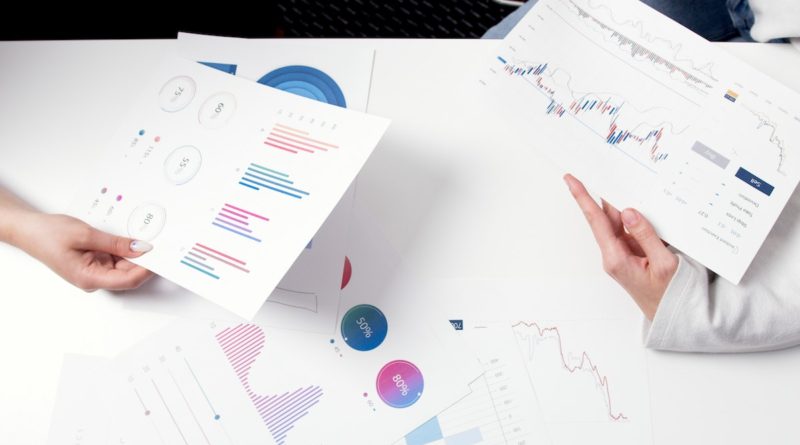5 Personal Finance Tips to Master Before You Graduate
Learning personal finance tips in your 20s is especially important because while student money management is one thing, understanding money after college is another.
Trying to get ahead before you graduate?
Here are the best personal finance tips for students to learn before they don their cap and gown:
Weekly Budgeting
You can’t manage your money without knowing what you have. You’ve probably already heard about the importance of budgeting, but you shouldn’t be doing that math mentally – you need an actual budget planner to see what you’re working with.
Check out these free budget planner worksheets to get an idea of what your system should look like. Once you start using one, it’s important to revisit it often, but not so often that it begins to cause stress. Allot thirty minutes every week to review your budget, assess your spending, and adjust it as needed.
Building this weekly habit now will set you up for a lifetime of financial success.
Build Your Credit Score
It might sound strange to spend money you don’t technically have, but doing so is the basis of building up a credit score. When you earn enough money to buy a car, rent an apartment, or even buy a home, cash on hand won’t matter – your credit will.
If you don’t already have a credit card, it’s time to open one. It’s the easiest way to build credit without a lot of assets. Many leading banks have credit cards specifically for college students to start building their credit scores, commonly called starter credit cards.
Check out this list to choose one, and try your best to use it instead of a debit card (those don’t do anything for your credit score).
Balance Your Accounts
Now that you have a starter credit card, it’s critical to be careful with it. When you do your weekly budgeting session, triple-check that you’re only spending money you’ll be able to pay off every month.
If you miss a credit card payment or allow too much debt to accrue, you risk damaging your credit score for years to come. Prioritize balancing your accounts every month, and you’ll be set.
Overcome Impulse Spending
Every purchase you make should be planned. The spontaneous fast food run and visit to the store to grab toothpaste is fine, but leaving the mall with clothes you didn’t plan on getting can add up quickly.
You deserve to spend your money on items that make you happy, but you should think over big purchases for a couple of weeks. And of course, don’t spend the money if you can’t pay it off within 1-3 months.
Fill an Emergency Account
As soon as you’re able, it’s essential to start an emergency fund. The rule of thumb for such an account is that it should have at least 3-6 months’ worth of expenses at all times – that includes rent, utilities, gas, and groceries.
This can take some time to build up, but setting aside even $50 every week makes a difference.
Mastering these personal finance tips now will get you ahead in the future. Do your research, be strategic, and most importantly – invest in yourself at every opportunity.
